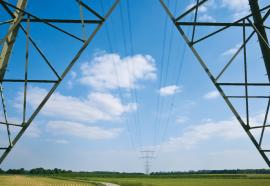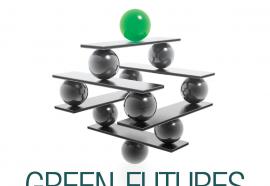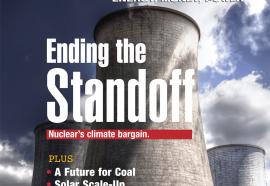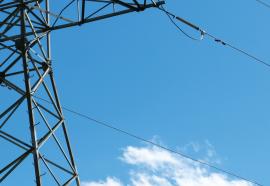Preparing for the Inevitable
Mitigating enforcement penalties in NERC hearings and appeals.
The North American Electric Reliability Corp. (NERC) holds substantial enforcement powers as the nation’s electric reliability organization for bulk power transactions. Taking affirmative steps will help utilities and system operators to avoid or minimize NERC penalties.










